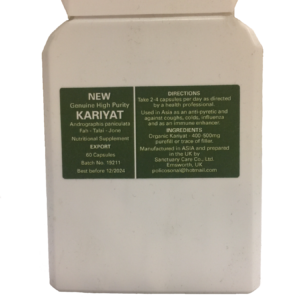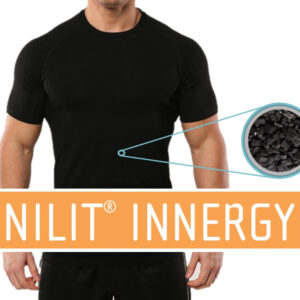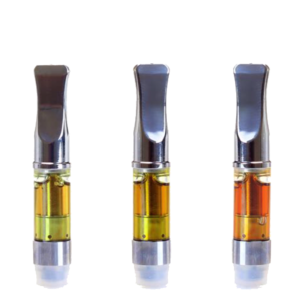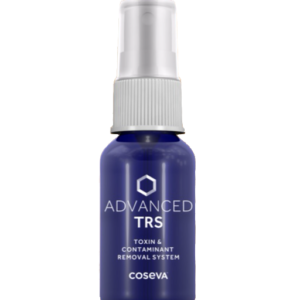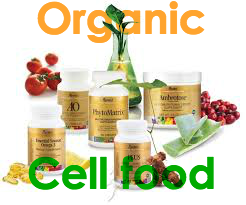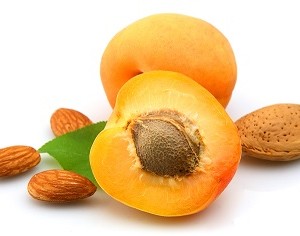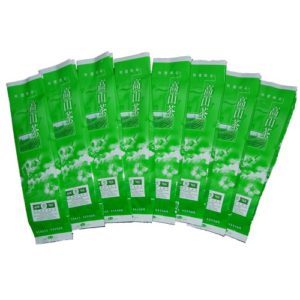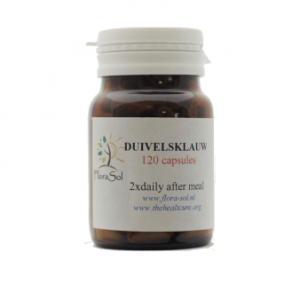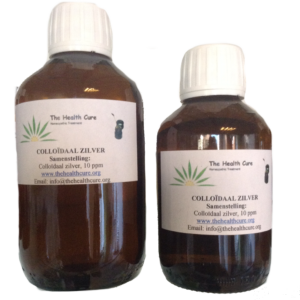Apricot Kernals B17 Leatrile (300g)
€12.50 – €24.00
Secondary protocol (Supplemental – Cell Death)
Early stage (Before Stage 4)
Controversial yet potentially amazing effects of Apricot Kernals have no reported deaths associated with them and many potentially beneficial reports
Description
Health Benefits
It is claimed that vitamin B17 helps in the prevention of cancer. Apricot seed has the highest percentage of B17 in any fruits and consuming this seed will help prevent cancer.
Vitamin B17, and hence apricot seed, also helps to lower high blood pressure
Helps to reduce pain associated with arthritis.
Help to maintain the general health and well-being. Hence, it will strengthen the ability to resist infections like colds and flu.
Most people eat apricot seeds not just for the overall general well-being, but because of its property to prevent cancer. Let us explore this further…
Controversy in its claim to cure cancer
Dr. Ernts T. Krebs, an American biochemist, had advanced the theory that cancer is not caused by any particular virus or bacteria, but a deficiency in essential nutrients. He concluded that Vitamin B17, commonly known as Amygdalin or Laetrile, could prevent cancer. This was back in 1952.
His finding, however, was not accepted by cancer researchers and dubbed as “quackery” A recent favorite term of “knowledgable types” to encourage complete dismissal of critical thinking based on on persons often limited understanding
Cyanide in B17
Another issue with vitamin B17 is its content of one part cyanide, one part benzaldehyde and two parts glucose. Critics of B17 warned the danger of eating apricot seeds (which has the highest content of B17 or laetrile) and even suggested that it can be fatal. This is largely due to its cyanide content.
Will eating apricot seed or kernel be fatal?
The cyanide in the movies wasn’t apricot kernals!
An apricot seed contains just about half mg of cyanide (Holzbecker, Moss & Ellenberger 1984). Based on a report by the Committee on Toxicity (2006), dosage of between 0.5 and 3.5 mg per kg of body weight can be fatal. Hence, a man weighing 175 lb. has to consume 40mg to 280 mg that is equivalent to about 80-560 apricot seeds, per day, for it to be POSSIBLY fatal.
It is claimed that about five milligram of cyanide is considered sufficient to prevent cancer. This is equivalent to eating 10 apricot seeds per day. It is also claimed that to combat existing cancer, you will need to consume 50 apricot seeds.
This is all below the danger zone.
There has been no reported death due to cyanide poisoning (related to eating apricot seeds) except for the reported death of two Turkish children after eating apricot seeds that happened in 1957 & 1962. However, the amount was not documented.
As a comparison, gm. per gm. Aspirin is more toxic than laetrile. However, it is always best to take apricot seed in smaller amount initially and consult a doctor that practices natural medicine for any further guidance. This will give the full health benefits of apricot seed.
Will it cure my cancer if I am already in Stage Four and above?
*Unfortunately, due to the low dosage of B17 in apricot seed, it will not have any major effect on cancer that has reached a serious Stage Four and above.
Extra reading – conversation between two people concerning this treatment
As an aside – are you aware that over 70,000 people die from acute alcohol poisoning in the United States each year? This represents only a tiny fraction of hospitalizations.
This Turkey incident involving children is anecdotal at best and I’ve always had very strong suspicions about its veracity. Children are typically disgusted by the taste of apricot kernels. The incidents that have been medically reported are relatively few. That they would have resulted in death had their not been medical intervention is nothing more than conjecture. Our bodies are equipped for and quite accustomed to dealing with acute toxicity resulting from biologically anticipated compounds (within biologically likely quantities). That no one has actually died following the ingestion of apricot kernels is what is most relevant when we consider the number of people using apricot kernels over a period of many decades. If we consider the relatively poor state of health many of these individuals were already in, this becomes more significant.
We don’t require protection from feeling unwell. Medical intervention does not equate to life-saving. I’m suggesting that medical intervention is often unnecessary. We’ve been well-trained to believe that we’re ill-equipped to endure our sniffles and sores. We can assume that there have been a great many more cases of cyanide toxicity resulting from the consumption of apricot kernels where the individuals were not treated medically. I can tell you that I, myself, have suffered from acute cyanide toxicity. I’ve subjected myself to considerably greater numbers of apricot kernels than these medical reports cite. I’ve felt rather unwell as a result, and wished I didn’t feel that way in those moments. I’m not suggesting that cyanide doesn’t have the potential to be lethal. I’m suggesting that death resulting from the ingestion of apricot kernels is highly unlikely – so unlikely that it hasn’t actually happened, despite hundreds of thousands or, perhaps, millions of consumers. We needn’t be scientists to employ commonsense.
Whether or not apricot kernels actually do have therapeutic benefit is almost irrelevant. We do know that they provide a sense of hope for those using them. We do know that people report pain relief from using them. We do know that people aren’t dying from using them. Rationale for the fear-mongering doesn’t exist.
My objection was to your inference that people are actively dying from the ingestion of apricot kernels. This is entirely inaccurate and misleading. Our debate is about that statement – “some survive…”. It is wrong and suggestive of some inside knowledge of these incidents that you do not have. I, on the other hand, would go out on a limb and wager that I have considerably more experience with apricot kernels than you. Yours appears to be limited to theory. I may be an idiot, but I base my arguments on experiential practice – not theoretical assumption.from (artofdrink.com /archive/research/cyanide-in-apricot-cherries-pits)
Additional information
| Grams | 300g, 600g |
|---|
